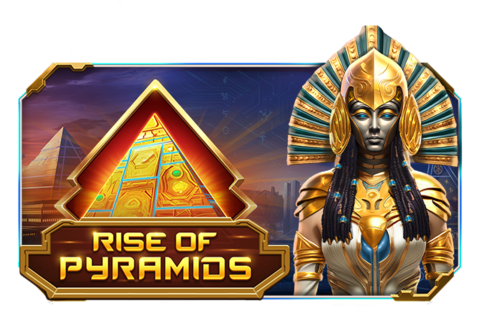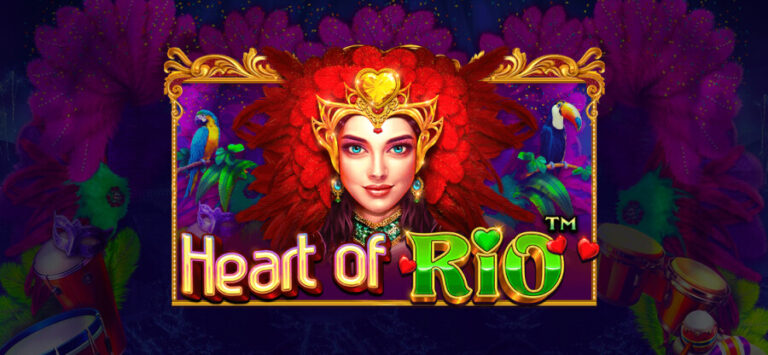
Rise of Pyramids Slots
The ancient Egyptians had a deeply rooted belief system that governed every aspect of their lives. Their worldview intertwined nature, the divine, and the cosmos, creating a rich tapestry of myths and rituals that celebrated their understanding of existence 33winn.blue.
Deities: Gods and Goddesses Rise of Pyramids Slots
Central to Egyptian belief were the pantheon of gods and goddesses who represented various aspects of life and the universe. Gods like Ra, Osiris, and Isis played critical roles in myths that explained creation, death, and rebirth.
Ra, the sun god, was considered the king of the gods and was associated with creation and the cycle of life. He traveled across the sky during the day and descended into the underworld at night, symbolizing the duality of existence. His journey mirrored the sun’s daily cycle, reflecting the Egyptians’ deep observation of natural phenomena.
Osiris, representing resurrection and the afterlife, was a pivotal figure in Egyptian mythology. His story of betrayal by Seth and subsequent resurrection by Isis underscored the themes of renewal and hope. The ritualistic practices surrounding his myth were fundamental to funerary rites, shaping the Egyptians’ understanding of mortality and the afterlife.
Understanding these deities provides invaluable insight into the psychological and cultural landscape of ancient Egyptian society. Each deity represented facets of life that were revered or feared, guiding moral and ethical behaviors within the community.
The Afterlife: A Journey Beyond
The Egyptians’ view of the afterlife was multifaceted, encompassing various beliefs about what happens after death. They believed that the soul underwent a journey filled with judgment, trials, and eventual immortality.
At the heart of this belief was the concept of Ma’at, representing truth, balance, and cosmic order. Upon death, one’s heart was weighed against the feather of Ma’at in the Hall of Judgment. If the heart was found lighter than the feather, the deceased could enter the realm of the afterlife; if heavier, it would be devoured by Ammit, a fearsome creature awaiting unworthy souls.
This belief in judgment underscores the importance of ethics and morality in daily life. Egyptians strived to live virtuously, knowing their actions were being observed by both their community and the divine.
Moreover, the elaborate burial practices—mummification, tomb construction, and offerings—highlighted a deep-seated respect for life beyond the grave. These traditions ensured that loved ones would have the necessary provisions for their journey, reflecting a commitment to family and heritage that resonates even today.
The rich narratives surrounding the afterlife don’t just inform our understanding of ancient beliefs; they also inspire modern storytelling. Games like Rise of Pyramids Slots tap into these myths, allowing players to engage with ancient themes while exploring the significance of legacy and the quest for immortality.
Rituals and Festivals: Celebrating Life and Death
Rituals and festivals played a crucial role in ancient Egyptian society, serving as communal expressions of faith and cultural identity. Events like the Opet Festival celebrated the connection between the pharaoh and the gods, fostering unity and reinforcing the divine right to rule.
During the Opet Festival, the statue of Amun was paraded from Karnak to Luxor, marking a symbolic journey that reaffirmed the pharaoh’s role as the intermediary between the gods and the people. This celebration involved music, dance, and feasting, showcasing the vibrancy of Egyptian culture.
Such festivals were not merely religious observances; they were essential for societal cohesion. Community participation fostered a sense of belonging and shared identity, reinforcing collective values and traditions.
In contemporary society, the essence of these festivals can be seen in how cultures celebrate heritage, whether through traditional holidays or modern adaptations in entertainment. The incorporation of ancient Egyptian celebrations into games and films amplifies this connection, allowing new generations to appreciate and participate in these rich cultural narratives Rise of Pyramids Slots.



